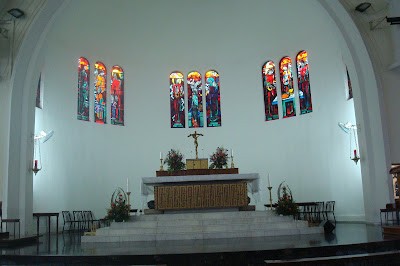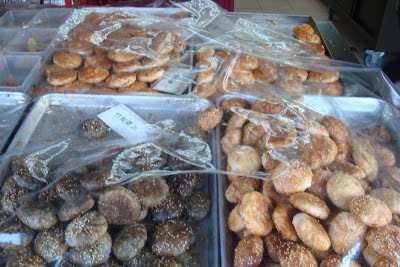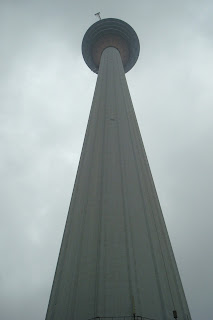Jose: why Pepe? 4th week of Easter Tuesday

The third article of Faith teaches us that Jesus was “conceived by the power of the Holy Spirit and born of the virgin Mary.” Indi bala sang una kon ang imo ngalan si Jose ang imo ayo Pepe? Kon diminutive ginatawag ta Pepito. Ngaa Pepe? It refers to the Spanish letter P pronounced as pe – “doble P”, or in English letter letters P and P. Pepe is an acronym or an abbreviation of Padre Putativo . Putativo means the reputed – so the reputed father, ang ginakilala nga amay ni Jesus – ginakilala kon sayuron indi sia tuod nga amay ni Jesus . Mary is the true Mother of Jesus because she conceived him in her womb, but Joseph is only the Pepe, the reputed father, but not the true father, for Jesus was not formed in the womb of Mary because of Joseph but by the Holy Spirit. That is why the creed says that Jesus was born of the virgin Mary. Mary was and remained a virgin because there was no intervention by Joseph.















